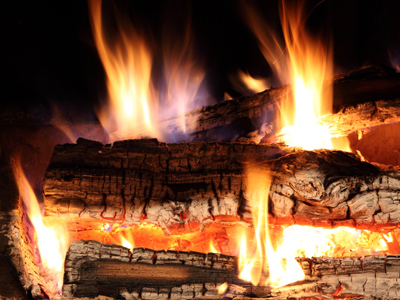

Particles and Energy
Dive into the fascinating world of particles and energy with this KS2 Science quiz! It's all about how tiny particles in solids, liquids, and gases behave, and how they play with energy, like in evaporation and condensation.
Everything around us, whether it's a solid, liquid, or gas, is made of particles called atoms. Atoms are so tiny you wouldn't even be able to see them with a good microscope! Inside atoms are even smaller particles. There are electrons, protons, and neutrons. And hold on, there's something even tinier than them - quarks!
How do particles in solids, liquids, and gases act differently? What makes particles vibrate? Test your particle knowledge with this cool KS2 Science quiz!
Quizzes: The Path to Smart and Happy Kids. Learn MoreReady for more?
not all...
quizzers. Try to win a coveted spot on our Hall of Fame Page.






